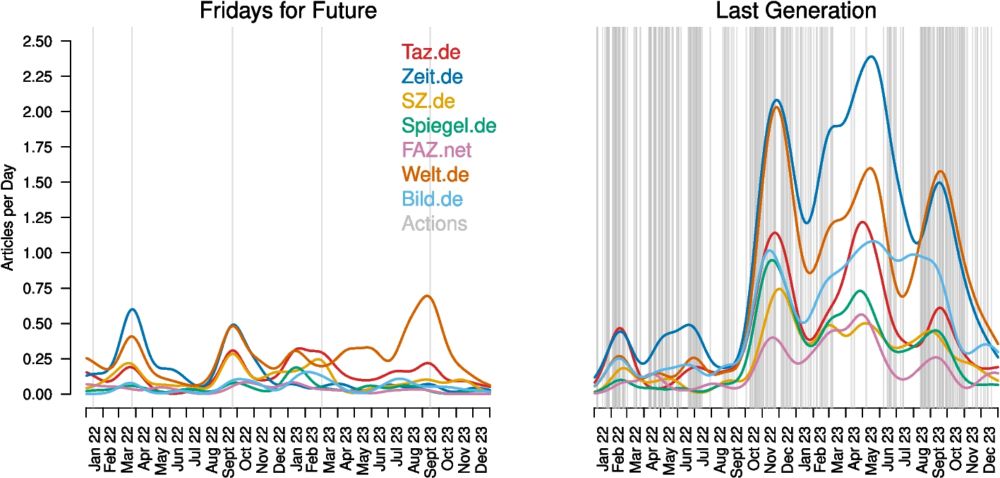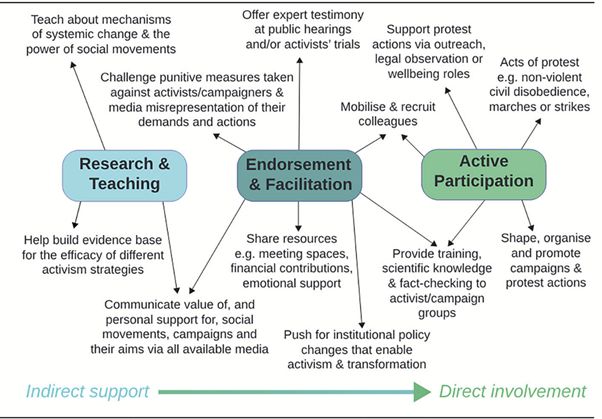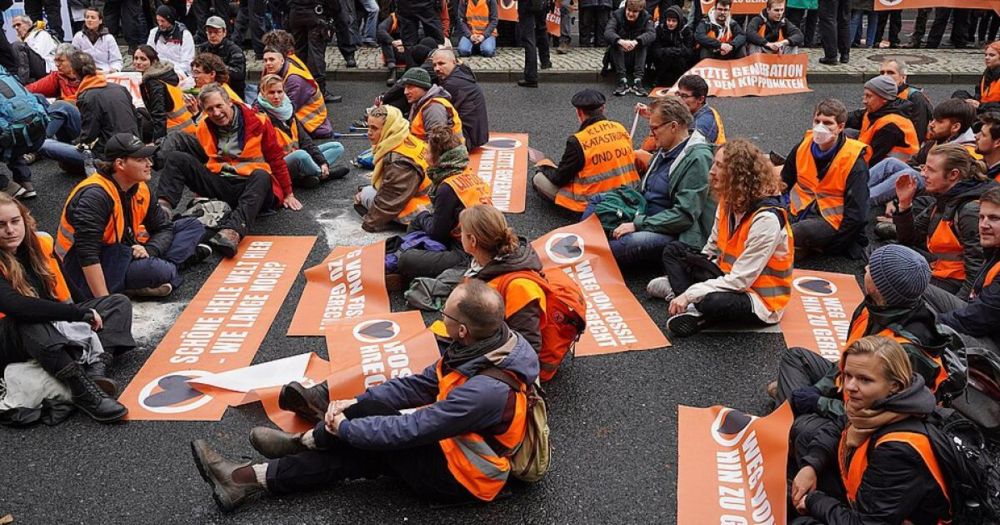Fabian Dablander
@fdabl.bsky.social
2.3K followers
380 following
140 posts
Postdoc @ SEVEN, the new climate institute of the University of Amsterdam || Climate action, tipping points, sufficiency, social movements. https://fabiandablander.com/
Posts
Media
Videos
Starter Packs
Pinned
Reposted by Fabian Dablander
Fabian Dablander
@fdabl.bsky.social
· Sep 8

🚨 Growing the climate movement by centering transformative adaptation 🚨
We have crossed seven out of nine planetary boundaries and global heating is accelerating, yet climate mobilization remains… | ...
🚨 Growing the climate movement by centering transformative adaptation 🚨
We have crossed seven out of nine planetary boundaries and global heating is accelerating, yet climate mobilization remains far...
www.linkedin.com
Reposted by Fabian Dablander
Fabian Dablander
@fdabl.bsky.social
· Sep 1
Reposted by Fabian Dablander
Reposted by Fabian Dablander
Reposted by Fabian Dablander
Reposted by Fabian Dablander
David Ho
@davidho.bsky.social
· Jul 29
Fabian Dablander
@fdabl.bsky.social
· Jul 23

Media coverage of climate activist groups in Germany - Climatic Change
Climate activist groups aim to address climate change by informing citizens about its risks and potential solutions, and by providing a way for citizens to engage in collective action to change policy...
link.springer.com




















